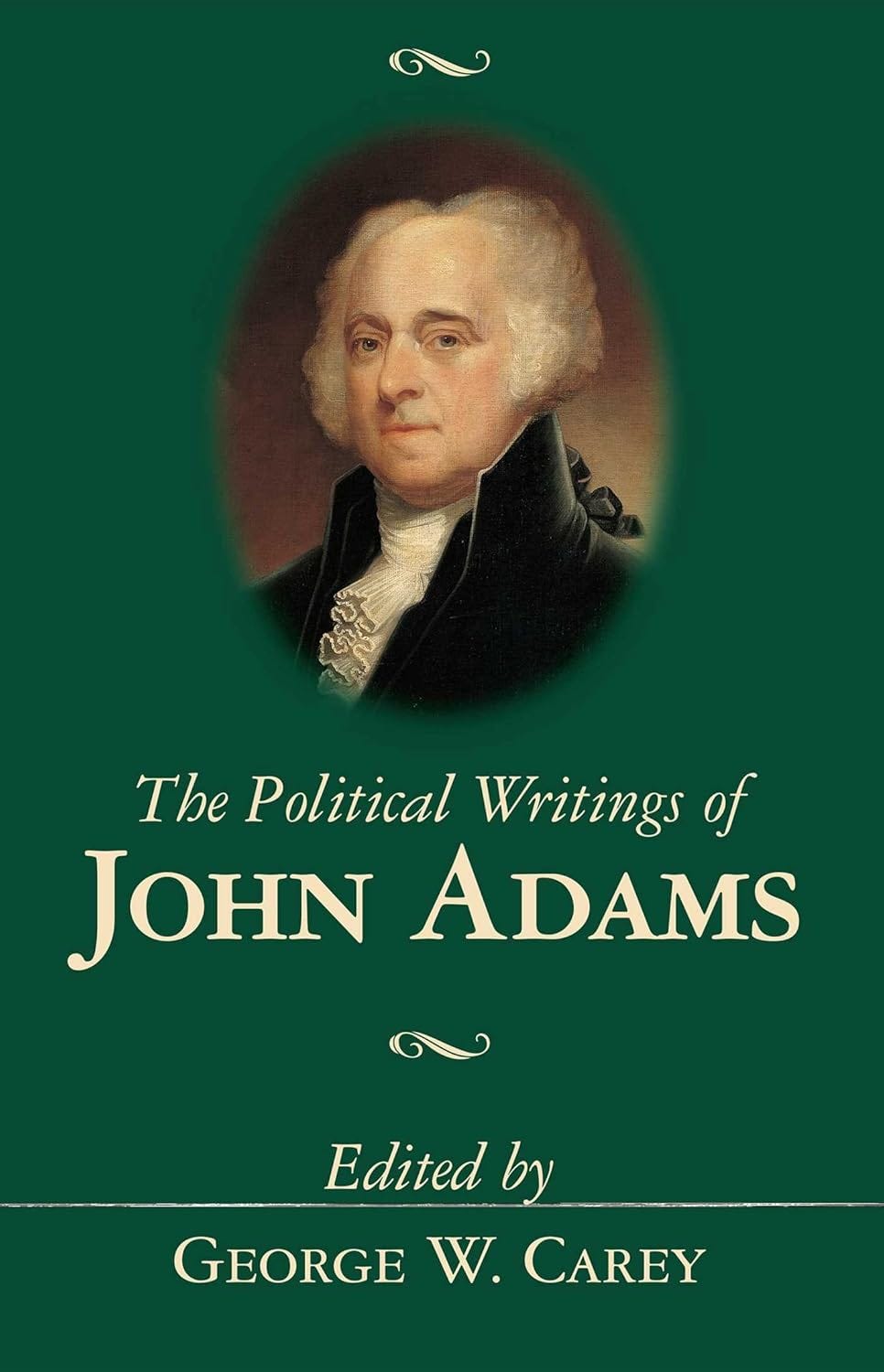Revolutionary Reading: What Should It Be for 250?
Looking for the best reading on the "why" of the American Revolution.
Today is the 249th birthday of the United States. Of course, every 4th of July is great, but let’s be honest—we’re all really looking forward to next year, the country’s 250th!
In preparation for that, what should we be reading? I’m going to run through a few things I’ve read (that I can remember) or am reading, but I’d love suggestions that might deepen my understanding of why the United States exists. And maybe my list will give you some ideas of reading to check out.
The goal here is to understand the Revolution and no more. Not even the Constitution. Of course, the Revolution and Constitution are very closely related, both by the people and ideas that drove them, but I want to keep this succinct. So while, for instance, The Federalist Papers are key to understanding the United States’ form of government, I won’t discuss them, or anything else even that close in proximity to the Revolution.
I’ll start with what I’m in the midst of right now and probably should have read a long time ago: Bernard Bailyn’s The Ideological Origins of the American Revolution. It was, for a long time, one of a very large number of books sitting on my to-read tower. It is also probably the book for understanding the thinking that fueled the revolution, with an analysis derived first and foremost from Bailyn imbibing hundreds of Revolutionary Era political pamphlets. So far, what I’ve learned is that there was much more widespread suspicion of powerful people subverting English liberty leading up to the Revolution than I had realized. It was hardly just “no taxation without representation.”
To get more of a taste for the kind of writing that Bailyn took in with a firehose, I have Empire and Nation: Letters from a Farmer in Pennsylvania; Letters from the Federal Farmer from Liberty Fund on my to-read heap. I hope to get to it soon. In addition, I have Cato’s Letters, also from Liberty Fund, which Founding Era thinkers drew upon heavily. I started it years ago but (don’t tell anyone) haven’t finished it…yet.
Of course, you can never go wrong reading directly from the Founders, and the Library of America offers a lot. I’ve read their compilations of Jefferson, Washington, and Franklin, as well as Hamilton, and Madison. The latter two are not major thinkers of the Revolution, but if I recall correctly, each of their compilations has a little of their writing at the time of the Revolution, so I’ll include them. Doing so also makes me look better read.
All of the Library of America books are pretty extensive—in the 1,000-page range, give or take a couple hundred—but I’m pretty sure all are still missing a fair amount of each Founder’s important writing. Their John Adams collection is three volumes, which is a little much for me. For Adams, I have read this assemblage of his political writings edited by George Carey.
I haven’t read a lot of popular histories, but did enjoy His Excellency: George Washington by Joseph Ellis. I can’t remember how analytical it was—it’s been a while since I read it—but I recall it being an engaging, easy read, and providing background on Washington of which I was not aware. I’ve got McCullough’s John Adams waiting in the wings. And many years ago I took in The Bold and Magnificent Dream: America's Founding Years, 1492-1815, by Bruce and William Catton. Both Cattons, I believe, are much better known for their Civil War writing. Since it’s been so long since I read it I can’t say much, but I have a vague recollection of it being a pretty informative, but perhaps slightly ponderous, read.
I’ve probably forgotten some titles I’ve read, but what I’m really looking for is ideas. So tell me: As the country heads into its 250th year, what should I not miss to really understand why it came into existence?








You should start with "Common Sense" by Thomas Paine, published on January 10, 1776. That was THE start of the American Independence movement. Did you ever wonder why the so-called War for Independence started over a year before the Declaration of Independence? That's because Lexington and Concord were not about independence! They still hoped for reconciliation. Bailyn wrote: "If it is an exaggeration, it is not much of an exaggeration to say that one had to be a fool or a fanatic in early January 1776 to advocate American independence." In the June 8, 1776 entry in his Autobiography, Jefferson wrote "That the people of the mddle colonies (Maryland, Delaware, Pennsylva, the Jerseys & N. York) were not yet ripe for bidding adieu to British connection, but that they were fast ripening & in a short time would join in the general voice of America." It was Paine who brought scorn upon the idea of a king. Before Common Sense, Paine had written knock-your-socks-off articles against slavery. It was his Age of Reason, however, which helped get him largely written out of history. In an age where the threat of hell was taken seriously, he tried to free us from the religious tyranny of the mind. Mark Twain wrote that: " It took a brave man before the Civil War to confess he had read the Age of Reason." Hence, the myth that Lexington and Concord were about independence. In the appendix to her 1805 "history" of the American Revolution, Mercy Otis Warren wrote that "true friends of the Christian Dispensation" would write Paine out of history! Here's Samuel Adams in a letter to Paine: "Your Common Sense, and your Crises unquestionably awakened the public mind, and led the people loudly to call for a declaration of our national independence." If we had recognized what Samual Adams acknowledged, we might not be in a situation today where we have a vicious demagogue who wants to be king.
--David Hurwitz Twitter:@DavidWonderland